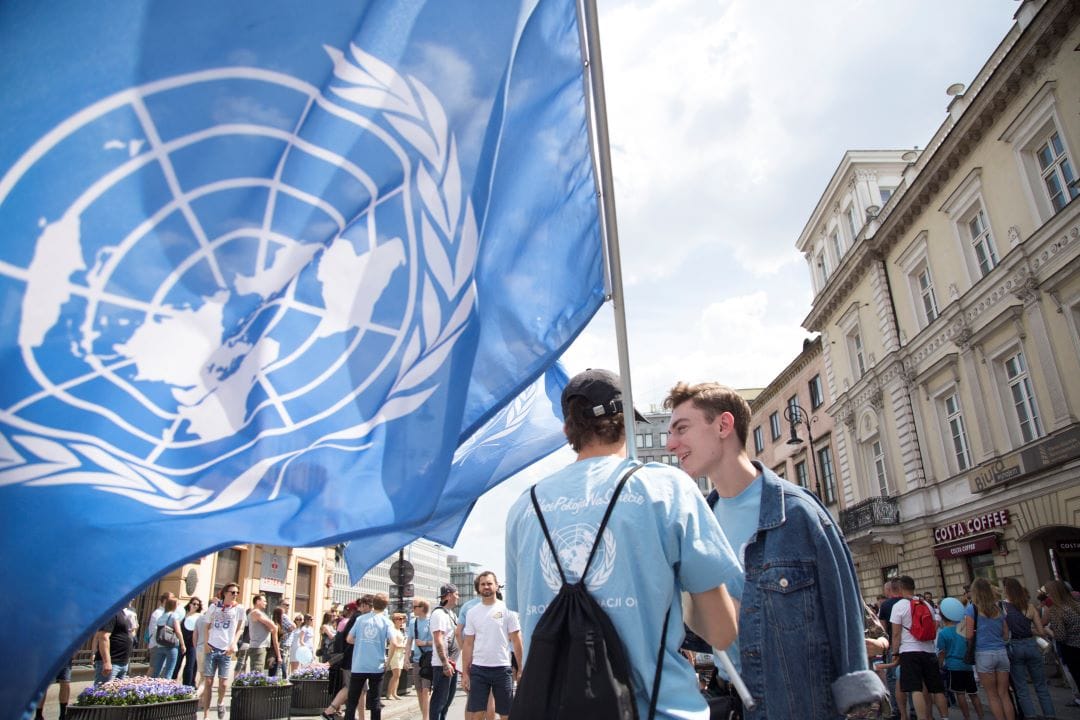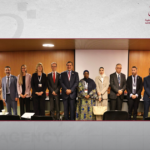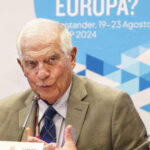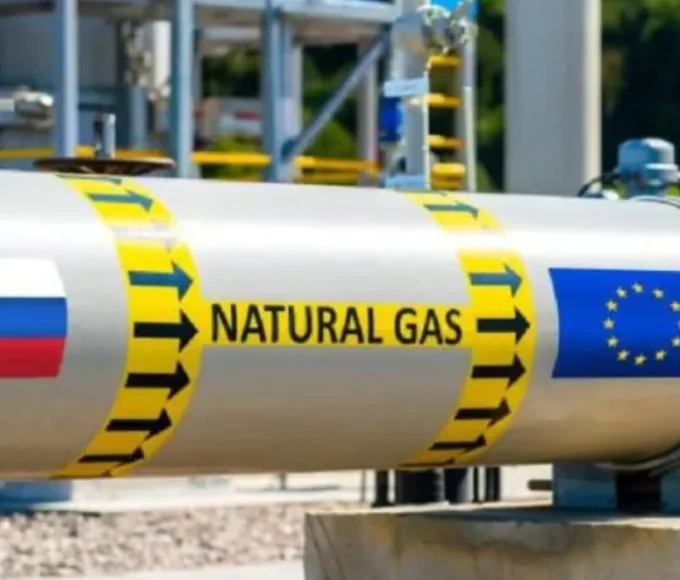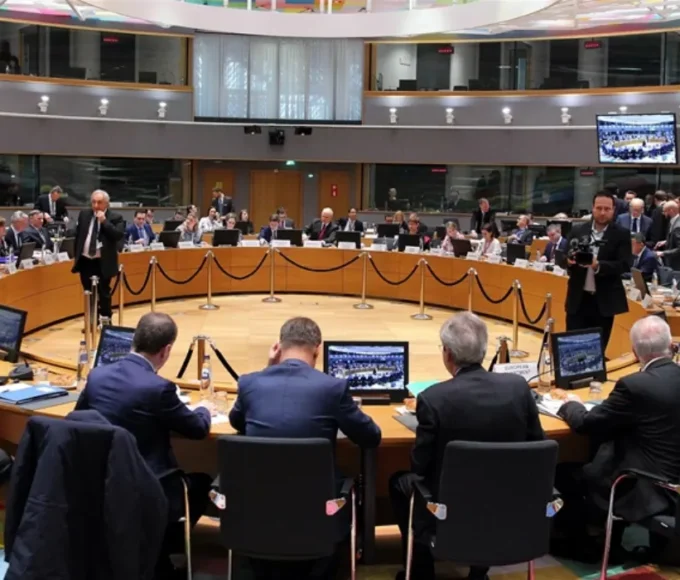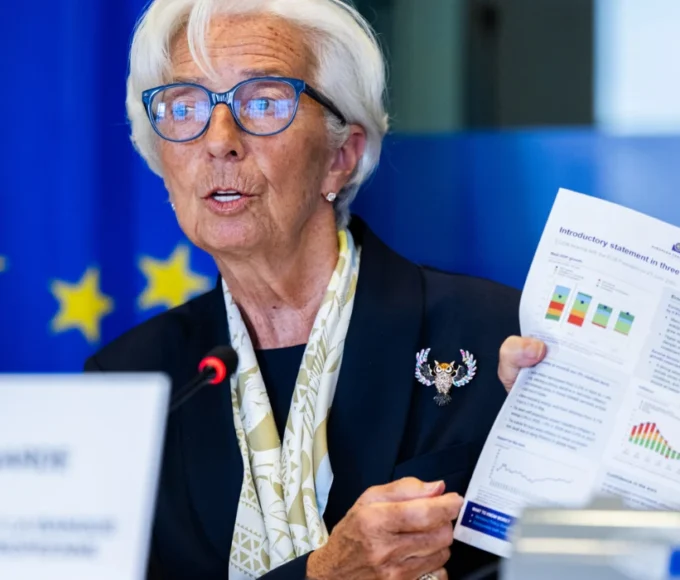As right-wing movements gain ground across Europe, EU leaders are taking a tougher stance on immigration, even though statistics show a decline in illegal entries. This shift, some analysts argue, reflects a growing alignment of European Union policies with the hardline approach long advocated by Hungarian Prime Minister Viktor Orban. The Italian daily Il Foglio describes this shift as a potential “Orbanization” of the EU’s stance on migration.
The recent European Council meeting on October 17 brought together EU heads of state and government in a climate marked by rising political tension over immigration. According to reports, discussions saw a competitive push among leaders proposing strict new measures, while Orban reportedly watched in “silent satisfaction.”
Italy’s Prime Minister Giorgia Meloni highlighted a recent agreement between Italy and Albania as a potential model. This arrangement aims to shift the processing of certain asylum applications to Albania, a non-EU country. Meloni sees it as a viable strategy for managing migration flows and reducing the strain on Italy’s immigration system. She suggested that similar agreements could help the EU address rising concerns over migrant inflows without overburdening member states.
Some European leaders took an even more hardline stance, proposing the establishment of “return centers” outside EU borders. These facilities would detain migrants awaiting deportation, allowing EU countries to expedite their removal processes without burdening local infrastructures. Polish Prime Minister Donald Tusk received the green light to pause the right to asylum—a significant shift for a country that has traditionally adhered to international refugee laws. This move suggests a broader trend of prioritizing national security over open asylum policies within the EU.
European Commission President Ursula von der Leyen also voiced her support for identifying “safe third countries” outside the EU. These countries could potentially host refugees who are already in Europe, including those who passed through transit countries. This approach seeks to establish a list of non-EU countries where migrants could be safely resettled, an idea gaining traction among member states looking to alleviate internal pressures while maintaining human rights commitments.
This hardening of immigration policy represents a marked shift within the EU. Once criticized as the “black sheep” of Europe for his stringent stance, Viktor Orban’s approach is now increasingly accepted and even emulated. As one EU official remarked during the recent Council meeting, “There was a time when Orban was the villain; now, the perception has changed.”
This evolving narrative reflects growing discontent among European citizens regarding unchecked migration and pressures on public services, particularly in countries facing high numbers of arrivals. In response, leaders are pushing for a more controlled, security-focused migration strategy, aligning with right-wing political platforms across the continent.
Critics argue that this “Orbanization” threatens to undermine the EU’s foundational values of solidarity and human rights. They warn that as EU countries outsource asylum processing to non-EU territories, the treatment of migrants could become less transparent and more difficult to monitor. Human rights advocates express concerns that these policies could lead to a lack of accountability and a deterioration in the protection offered to asylum seekers.
As EU leaders continue to reshape immigration policies, the implications for human rights and EU unity remain uncertain. The recent Council meeting signals a growing consensus toward stricter immigration controls, a stance that could redefine the bloc’s approach to migration for years to come.
This article is originally published on revue-internationale.com


